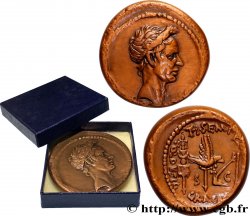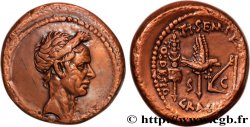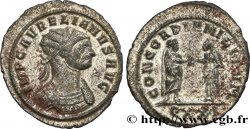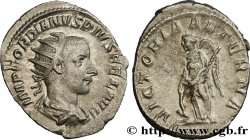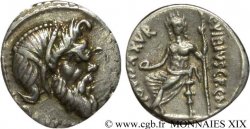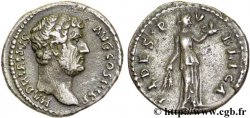v43_0352 - GIULIO CAESAR Denier
MONNAIES 43 (2010)
Начальная цена : 550.00 €
Назначить цену : 950.00 €
Цена реализации : 830.00 €
Количество ставок : 6
Максимальная предлагаемая цена : 1 234.00 €
Начальная цена : 550.00 €
Назначить цену : 950.00 €
Цена реализации : 830.00 €
Количество ставок : 6
Максимальная предлагаемая цена : 1 234.00 €
Тип Denier
Дата: 49 AC.
Монетный двор / Город: Gaule ou Italie
Металл: silver
Проба: 950 ‰
Диаметр: 18 mm
Ориентация осей монеты: 4 h.
Вес: 3,90 g.
Редкость: R1
Комментарии о состоянии
Exemplaire de qualité exceptionnelle pour ce type sur un petit flan bien centré des deux côtés avec les grènetis visibles et le métal légèrement pincé à 6 heures au droit. Droit magnifique avec un éléphant massif. Très joli revers de haut relief bien venu à la frappe. Très jolie patine de collection avec des reflets dorés. Conserve une partie de son brillant de frappe et de son coupant d’origine
Ссылки в каталоге: :
Лицевая сторона
Аверс: легенда: CAESAR À L'EXERGUE.
Аверс: описание: Éléphant passant à droite ; à ses pieds, un serpent (ou carnyx, trompette gauloise).
Аверс: перевод: “Cæsar”, (César).
Обратная сторона
Реверс: легенда: ANÉPIGRAPHE.
Реверс: Описание: Instruments pontificaux : simpulum, aspersoir, hache à sacrifice, chapeau à sacrifice.
Комментарий
Pour ce type, M. Crawford a relevé une estimation de 750 coins de droit et de 833 coins de revers, représentant une production qui pourrait avoisiner les deux à quatre millions de deniers. Pendant très longtemps, on pensa que ce denier avait été frappé par César pendant la Guerre des Gaules entre 58 et 52 avant J.-C., en Gaule même. En fait, il fut fabriqué au début des Guerres Civiles. Il a été imité servilement par les Trévires avec le bronze HIRTIVS (LT. 9235), fortement romanisé.
For this type, Mr. Crawford noted an estimate of 750 obverse dies and 833 reverse coins, representing a production which could be around two to four million denarii. For a very long time, it was thought that this denarius had been struck by Caesar during the Gallic Wars between 58 and 52 BC, in Gaul itself. In fact, it was made at the start of the Civil Wars. It was slavishly imitated by the Trévires with the bronze HIRTIVS (LT. 9235), strongly romanized
For this type, Mr. Crawford noted an estimate of 750 obverse dies and 833 reverse coins, representing a production which could be around two to four million denarii. For a very long time, it was thought that this denarius had been struck by Caesar during the Gallic Wars between 58 and 52 BC, in Gaul itself. In fact, it was made at the start of the Civil Wars. It was slavishly imitated by the Trévires with the bronze HIRTIVS (LT. 9235), strongly romanized







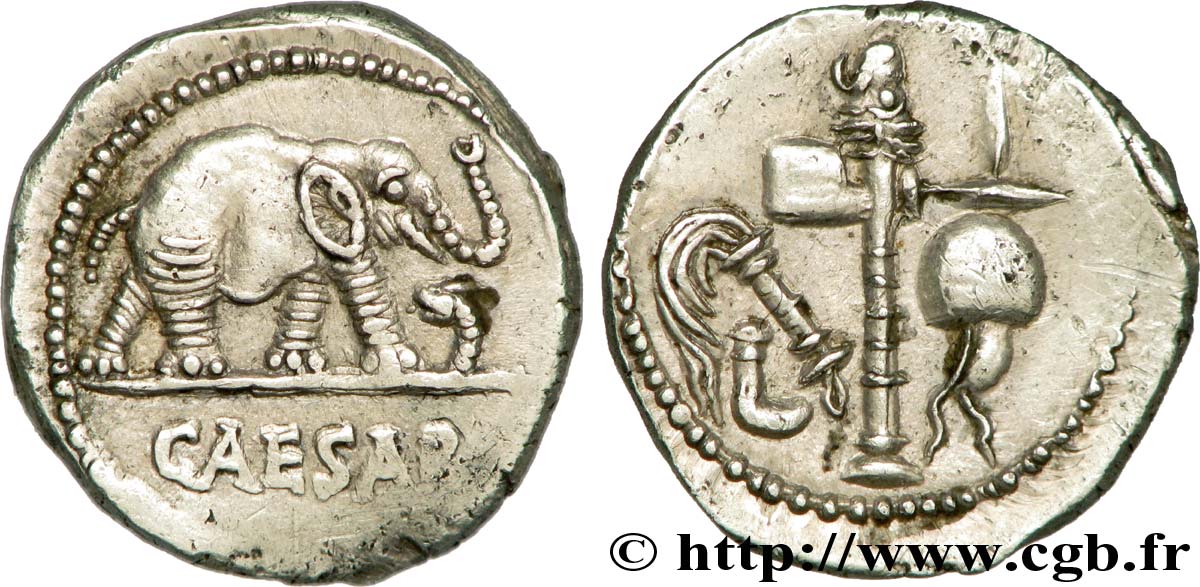
 Cообщить об ошибке
Cообщить об ошибке Распечатать страницу
Распечатать страницу Отправить мой выбор
Отправить мой выбор Задать вопрос
Задать вопрос Consign / sell
Consign / sell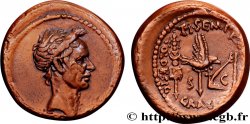
 Информация
Информация